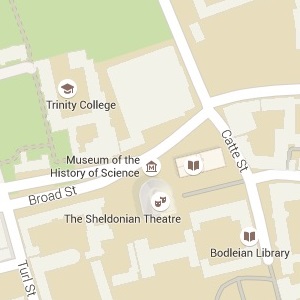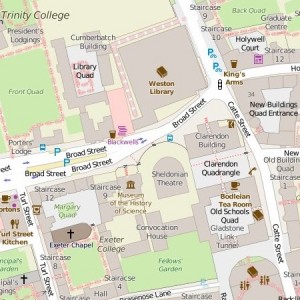Guardian Healthcare Professionals Network has just published an article by me on cities, health and data. This gave me the chance to revisit what has been a puzzle: what is the cause of Glasgow’s excess mortality, which sees men there dying nearly a decade earlier than in the longest-living urban area in the UK (Kensington and Chelsea)?
The Glasgow Centre for Population Health has been working to find answers, and it has a couple, provisionally. Firstly, it thinks that Glasgow’s deprivation is deeper than the data – which tends to measure whether people are below a threshhold (and therefore qualify for a benefit) – suggests. Secondly, it believes that Glasgow had a particularly bad legacy of poor post-war housing, such as the Red Road tower-blocks that the city attempted to demolish at the weekend. There are other factors too. Continue reading “Glasgow’s excess mortality: blame deprivation and housing?”



